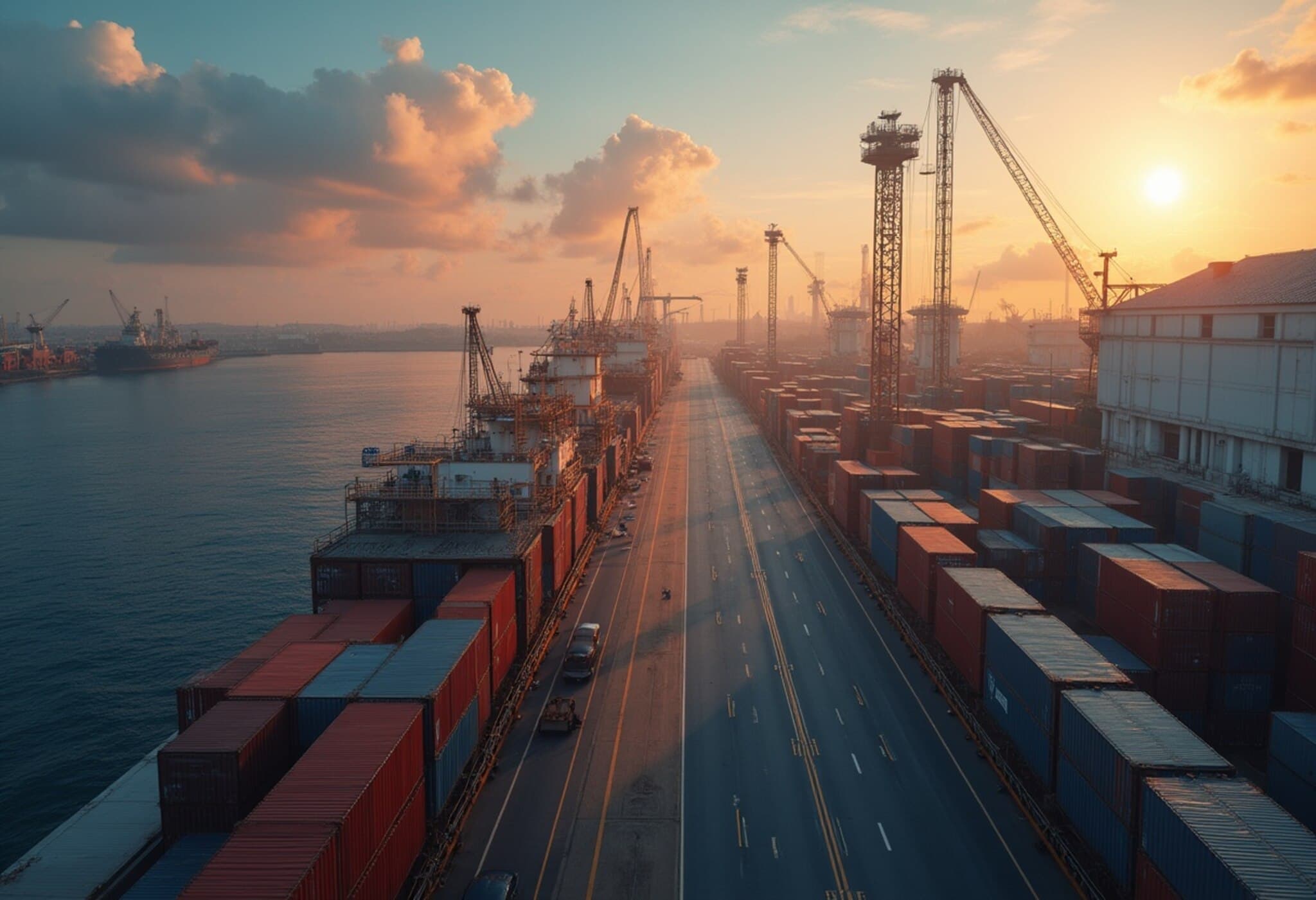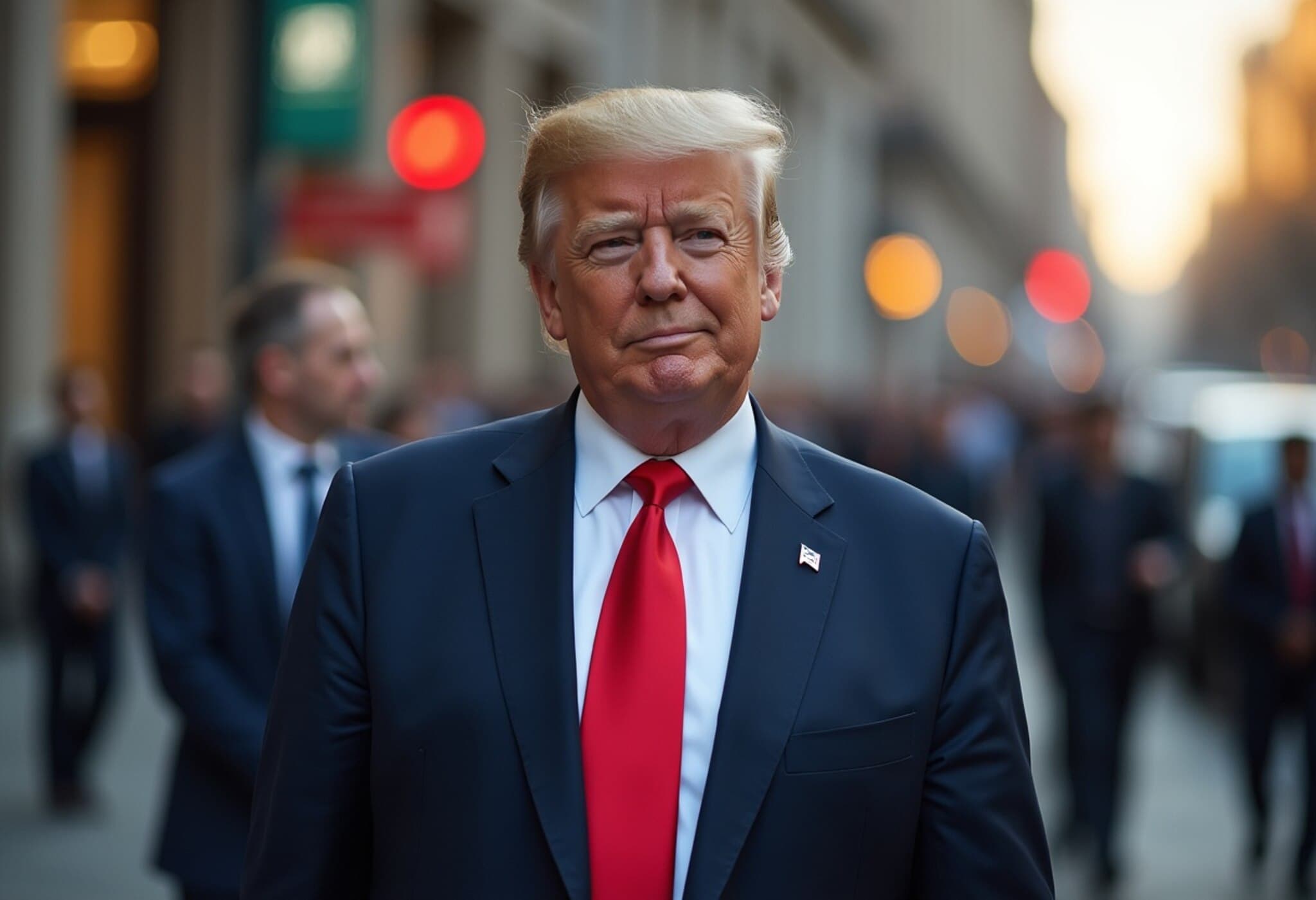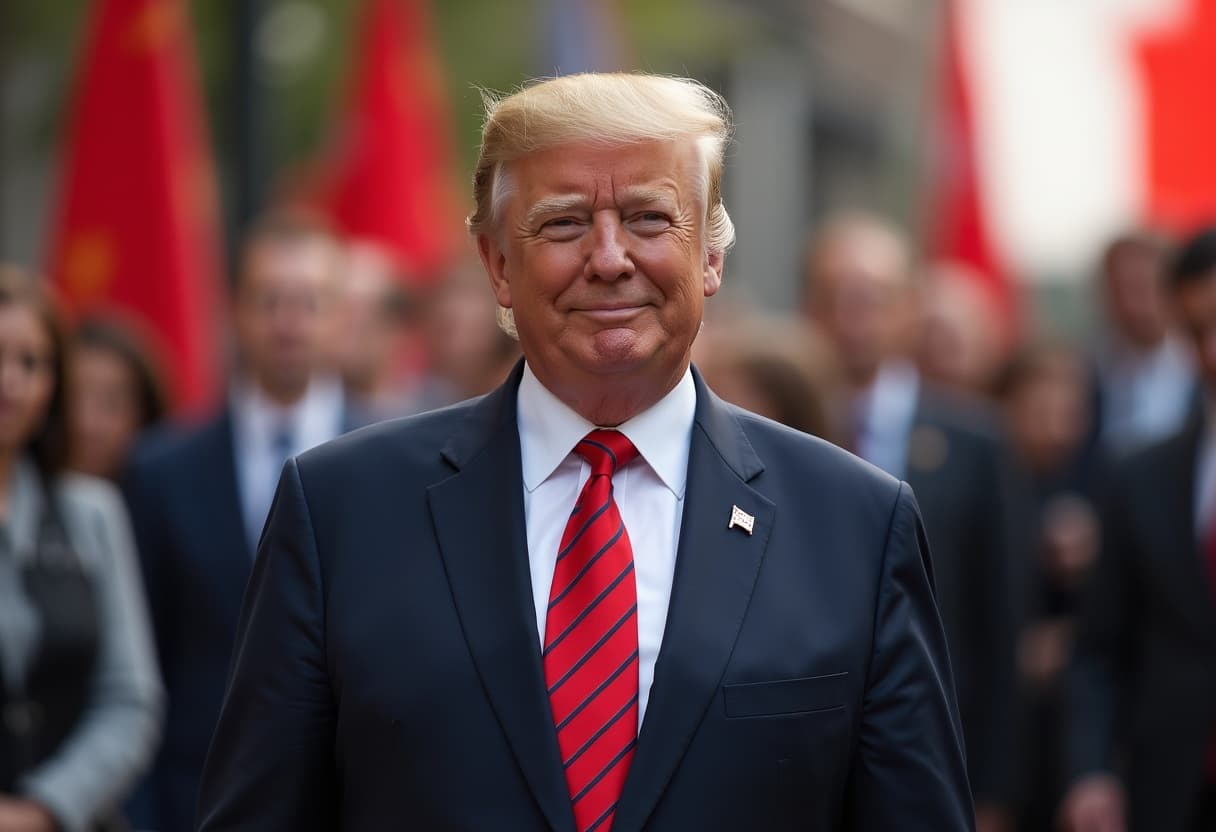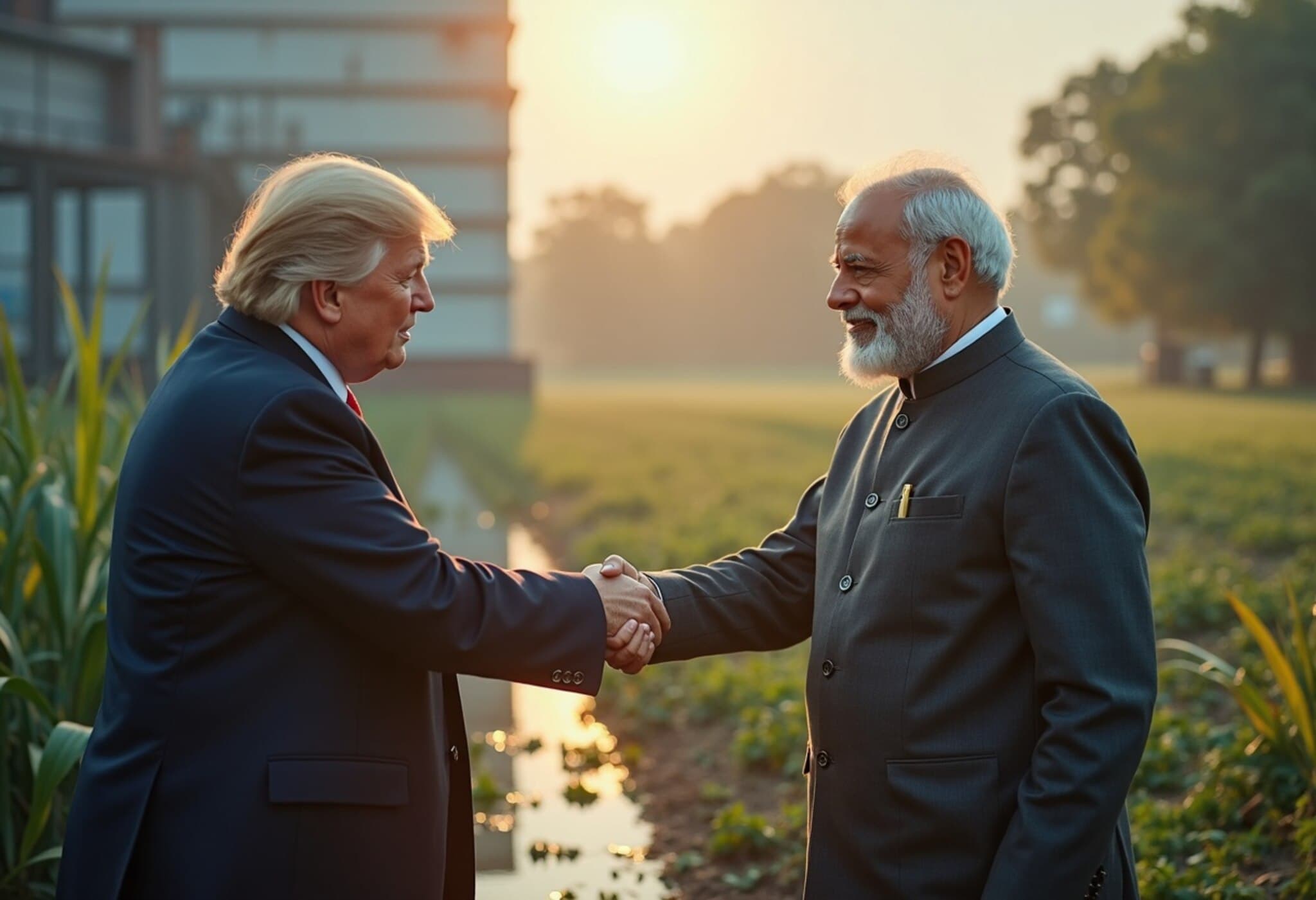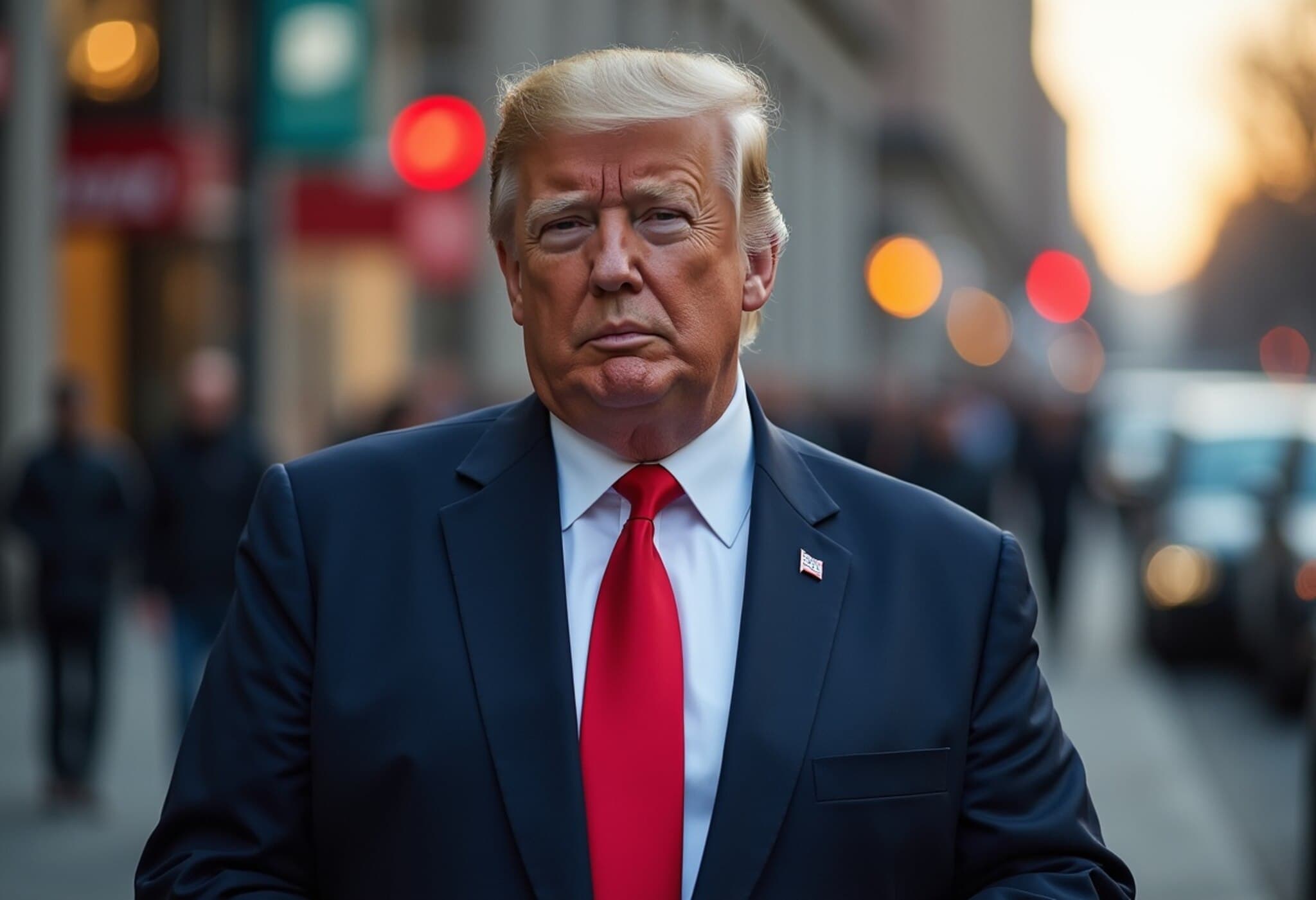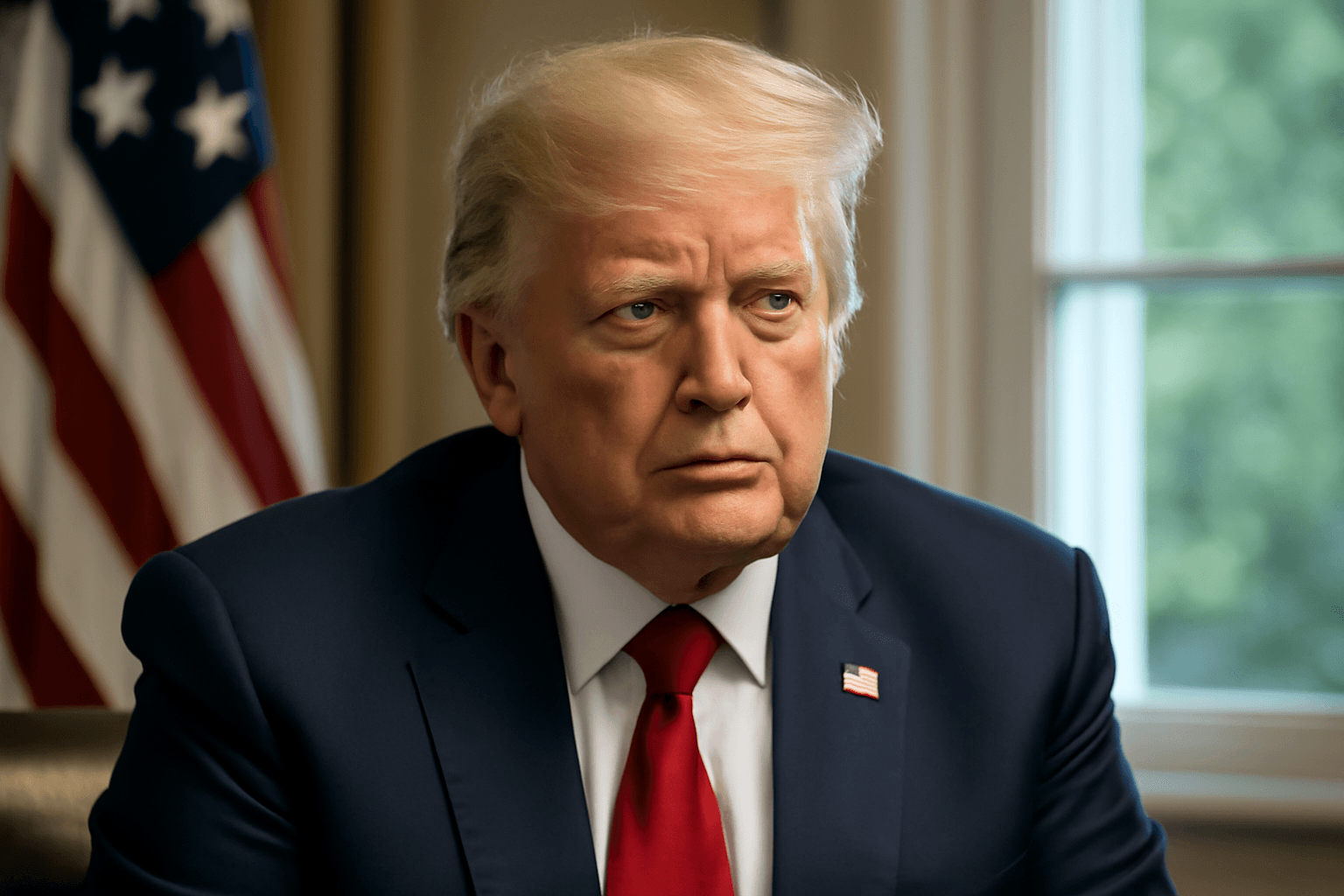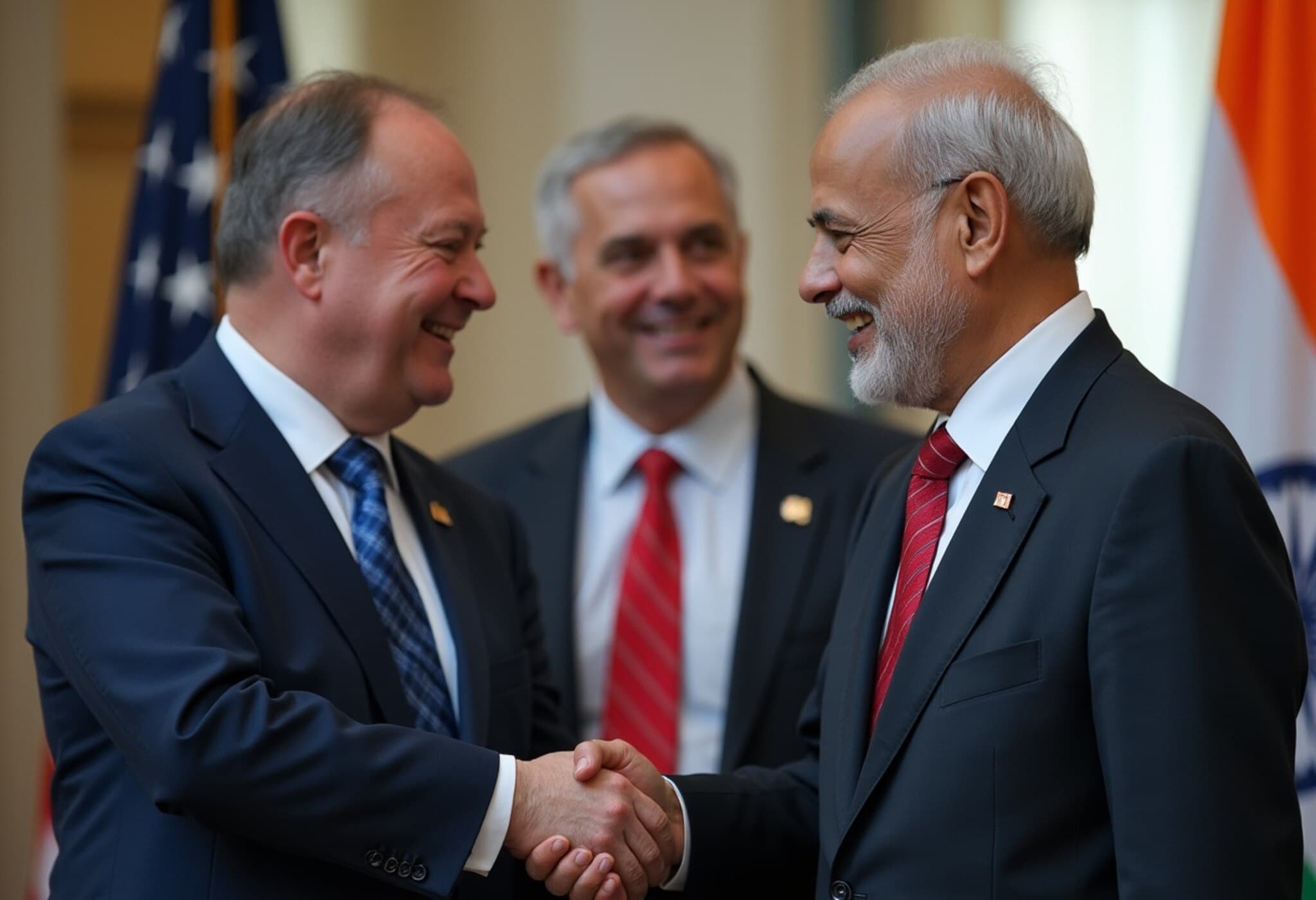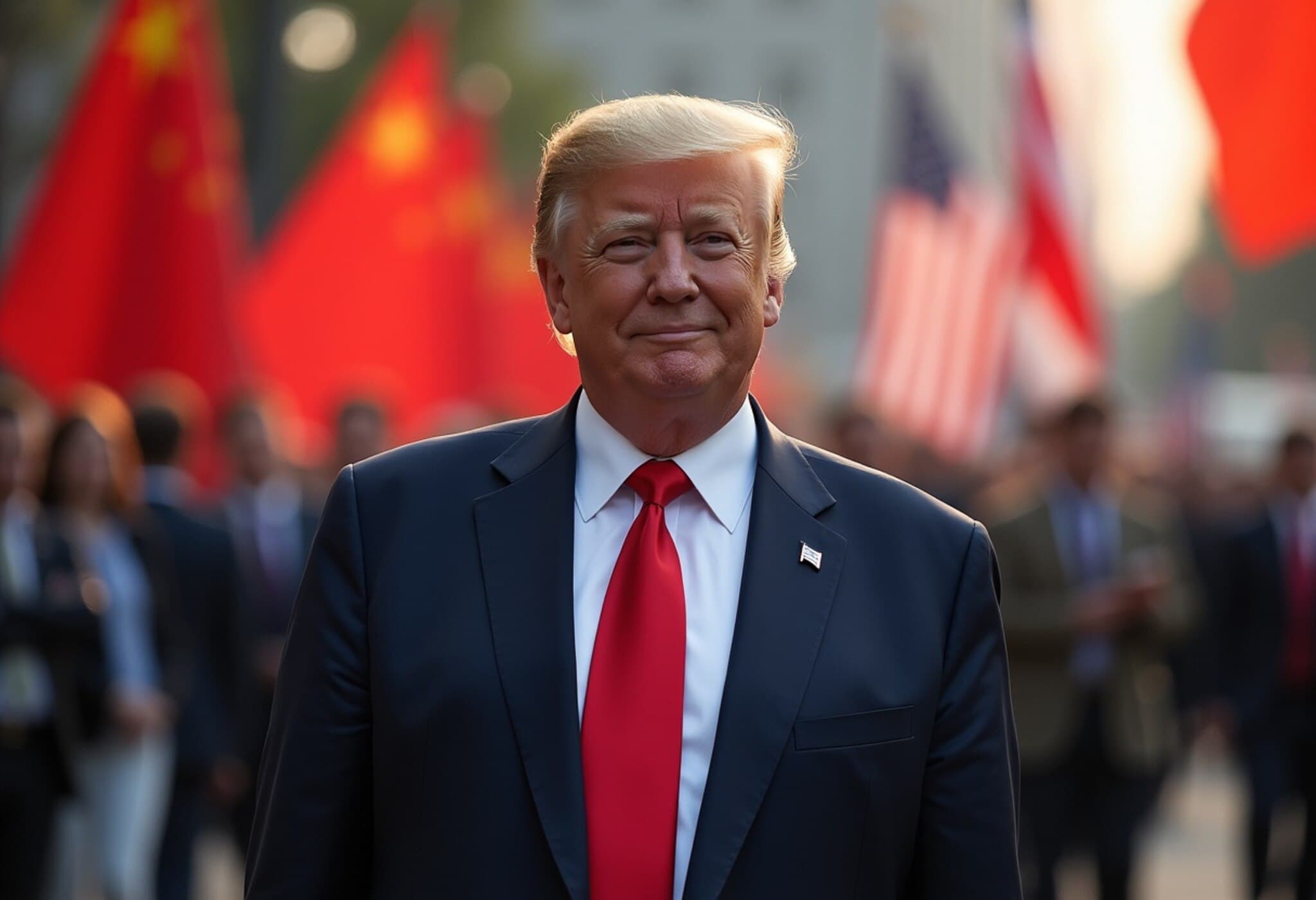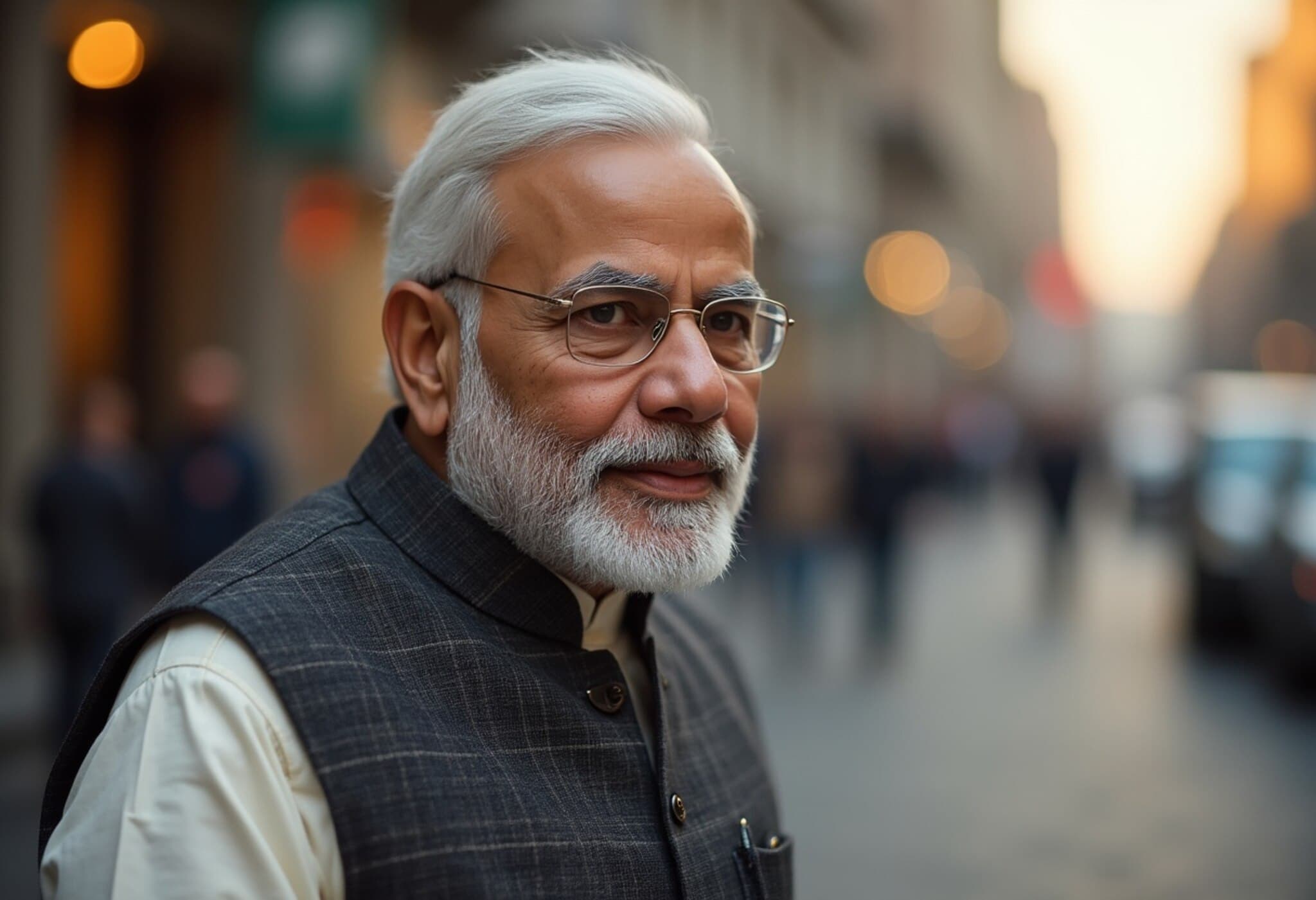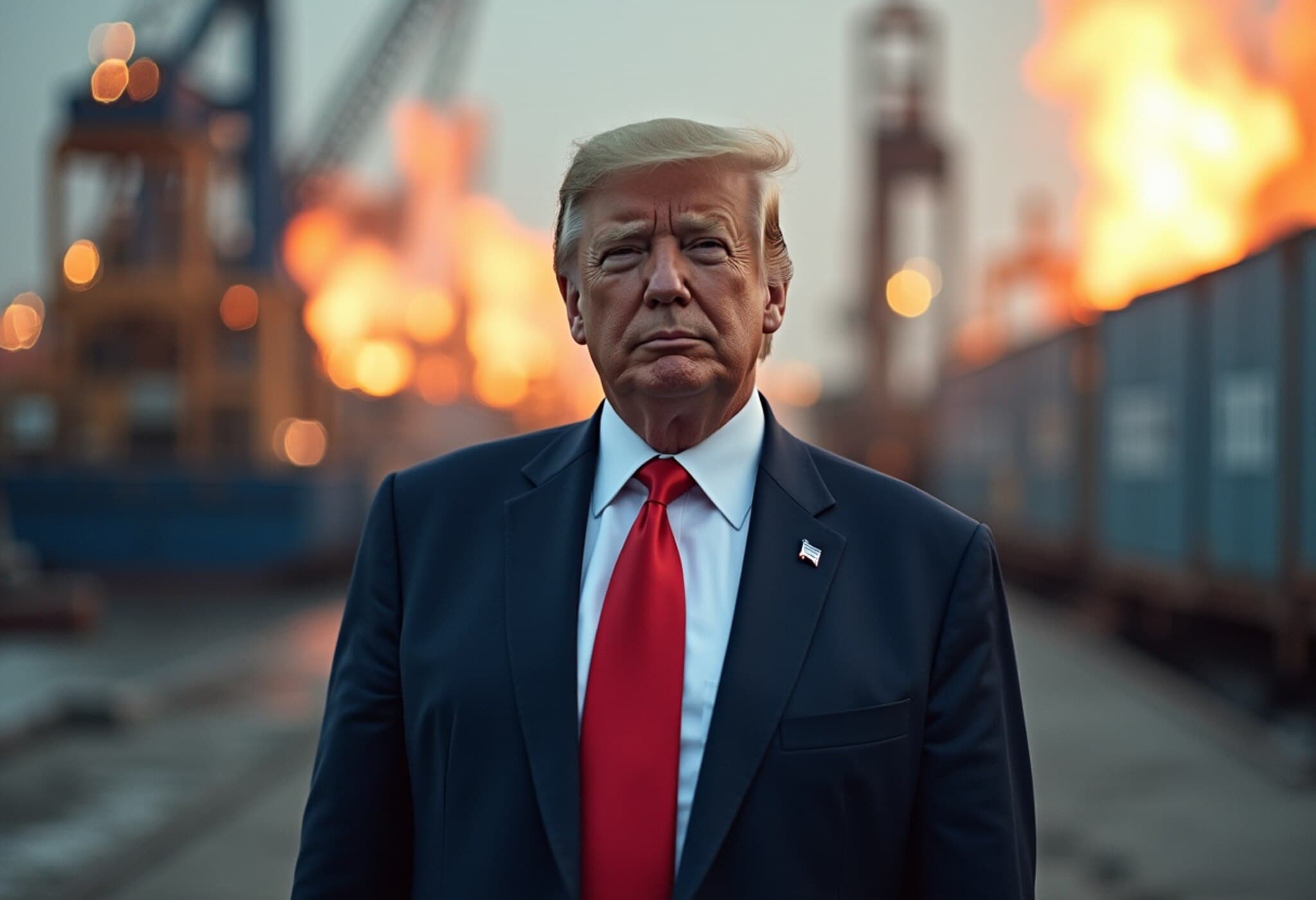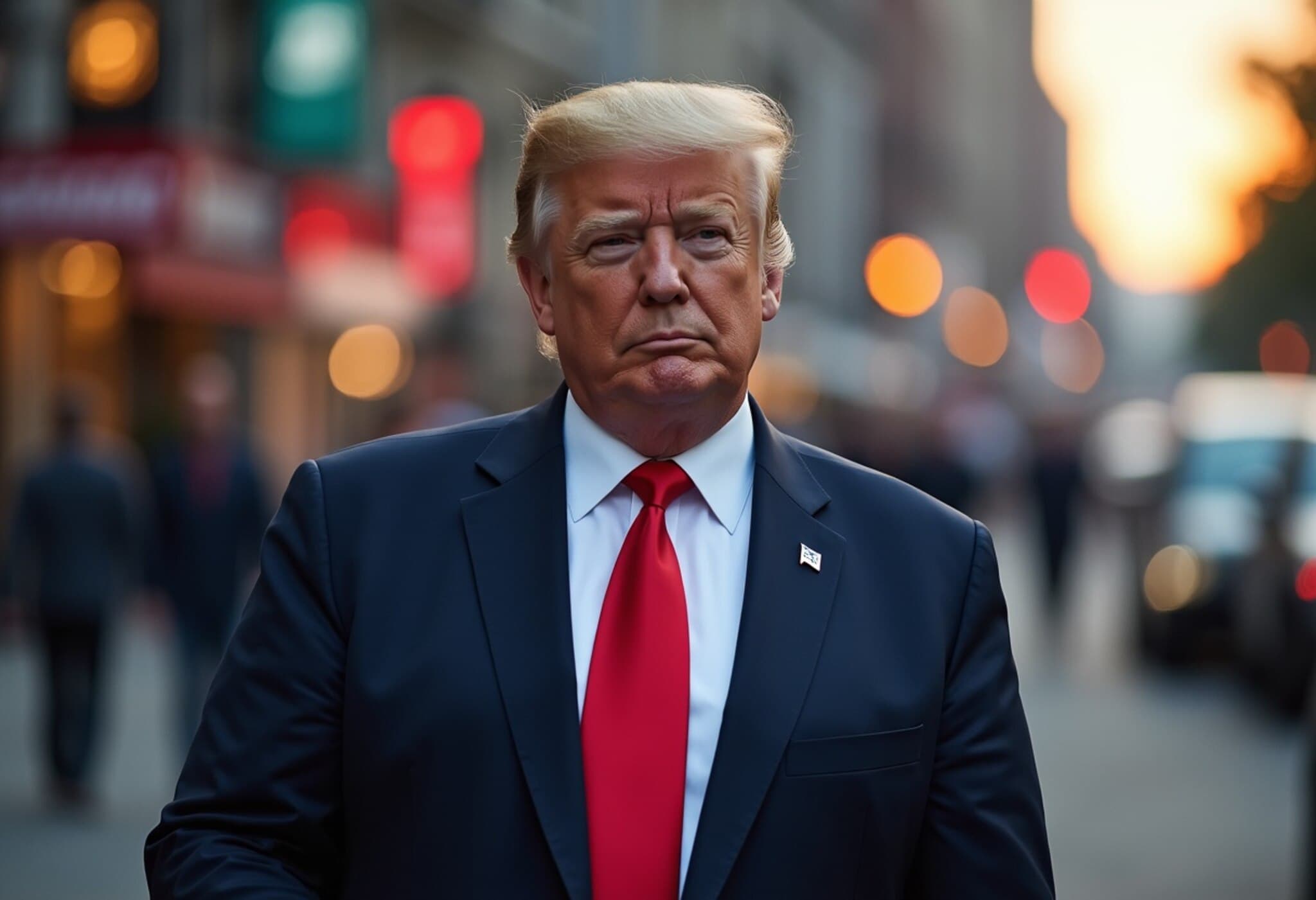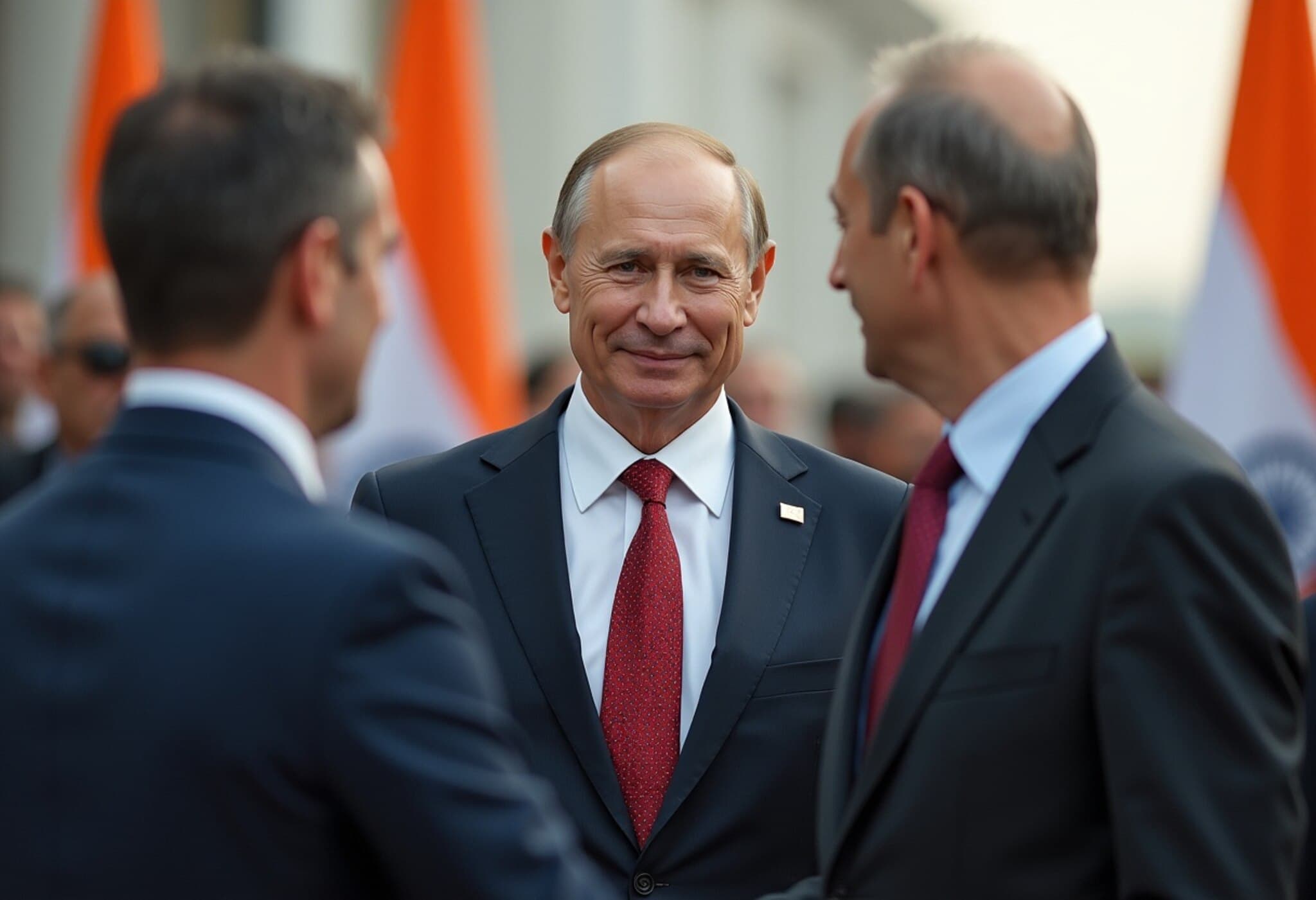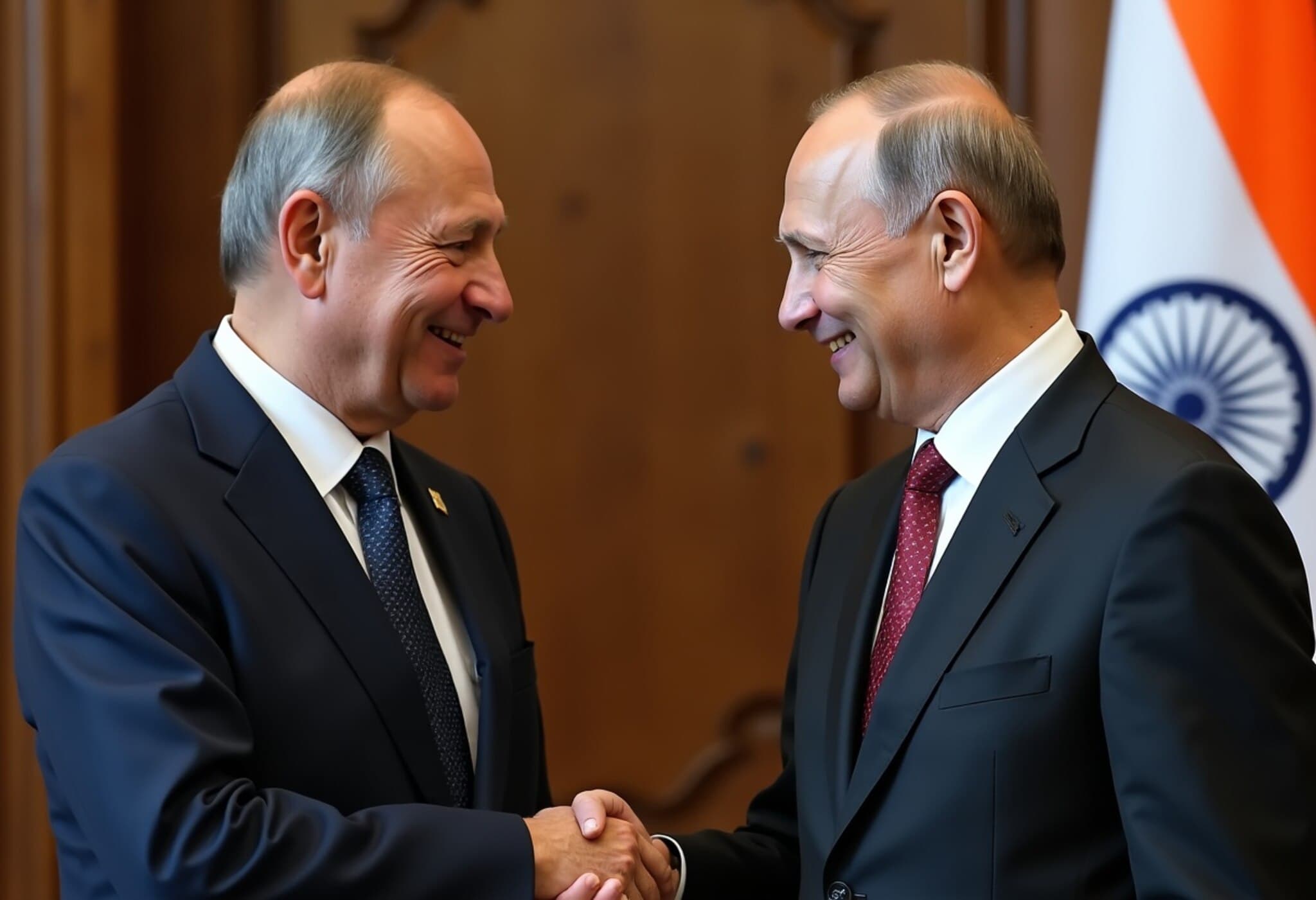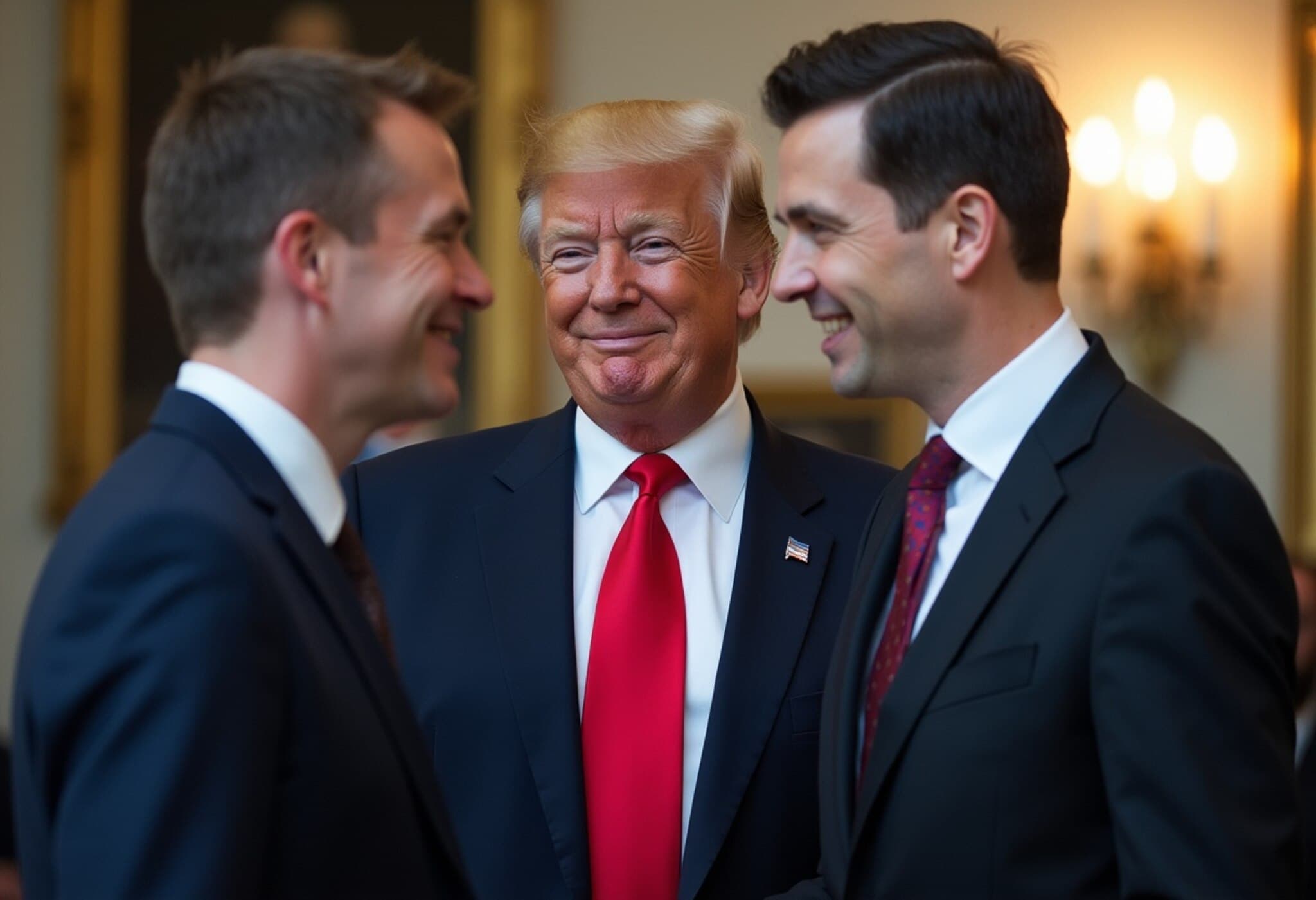Russia and India Push Back Against US Oil Trade Tariffs Amid Rising Global Tensions
In a dramatic escalation of trade tensions, both Russia and India have sharply criticized the recent U.S. imposition of inflated tariffs targeting their energy and commodity exchanges. This diplomatic friction highlights deeper geopolitical rifts as Washington seeks to assert economic pressure amid shifting alliances and a changing global order.
Russia Denounces US Tariffs as 'Neocolonial' and Attempts to Preserve Declining Hegemony
Days after former U.S. President Donald Trump unveiled plans for hefty tariffs on nations trading with Moscow, Russia's Foreign Ministry issued a defiant response. Spokeswoman Maria Zakharova framed the sanctions and tariff hikes as symptoms of a “neocolonial” agenda by the United States, aimed at maintaining its dwindling global dominance.
In a statement released on August 5, 2025, Zakharova said: "No tariff wars or sanctions can halt the natural course of history." She described the sanctions climate as an unfortunate but pervasive reality that affects nations worldwide. However, she argued that the U.S. is struggling to reconcile with the decline of its hegemonic status in an emerging multipolar international system.
- Neocolonial tactics: Washington is accused of leveraging politically motivated economic pressure.
- Multipolar future: Russia vows to deepen cooperation with Global South partners to counteract unilateral sanctions.
- Resistance strategy: Russia pledges to oppose unlawful sanctions that undermine sovereign trade relations.
India Rejects US Tariffs, Highlights Double Standards in Global Trade Practices
Following Russia’s lead, India also issued a strongly worded rebuttal after the U.S. slapped a 25% tariff on Indian imports, punishing New Delhi for continuing its trade relationship with Moscow despite the ongoing Russia-Ukraine conflict.
The Indian Ministry of External Affairs labeled the tariffs "unjustified and unreasonable," emphasizing that India would take "all necessary measures" to safeguard its national interests and economic security. The statement underlined the necessity of these imports in navigating the current global market dynamics.
Significantly, India pointed to what it perceives as hypocrisy from the West, noting that while critics target Delhi’s trade with Russia, they themselves engage in considerable commerce with Moscow—often without the same national security imperatives.
Trump’s Tariff Threats Escalate Tensions
Adding fuel to the fire, former President Donald Trump publicly announced his intent to “substantially raise” tariffs on India via social media platform Truth Social. He accused India of profiting from Russian oil amid the Russia-Ukraine war, disregarding the human costs inflicted by the conflict.
Trump posted: “India is not only buying massive amounts of Russian oil, they are then, for much of the oil purchased, selling it on the open market for big profits… They don’t care how many people in Ukraine are being killed by the Russian War Machine.”
This stark rhetoric underscores the mounting pressure the U.S. is willing to apply on countries defying its geopolitical stance, raising critical questions about the effectiveness and ethics of punitive economic measures in a fracturing world order.
Contextual Insights: A New Geopolitical Landscape Emerges
The US’s aggressive tariff policy can be seen as part of a broader strategy to maintain economic pressure on Russia amid its conflict with Ukraine. However, this move risks alienating emerging powers and complicates longstanding partnerships, notably with India—a key player in global energy and trade.
The situation illuminates a shifting paradigm from unipolar dominance to a contested multipolar world where diplomatic nuance is required. India’s assertion of its sovereign right to pursue national security-driven trade contrasts with Washington’s expectations of strict allegiance, exposing divergent worldviews.
Experts suggest that while tariffs and sanctions have traditionally been effective instruments of coercive diplomacy, their overuse risks fostering enduring rifts and pushing countries into alternative alliances, such as the strengthening ties between Russia and the Global South.
Underreported Narrative: The Global South’s Role
Amid the headline-grabbing tariff disputes lies a critical but often overlooked development—the growing influence and assertiveness of Global South nations. Russia’s commitment to deepen ties with these countries signals a strategic pivot toward a more decentralized economic order.
This shift raises important questions about the future of global trade governance, the resilience of Western-led sanctions regimes, and how emerging markets will navigate pressures from competing superpowers.
What’s Next?
- Diplomatic negotiations: Will the US and its trade partners find common ground to avert a protracted trade war?
- Impact on global markets: How might elevated tariffs reshape energy supply chains and commodity prices?
- Geopolitical alliances: Could this tension accelerate the formation of new international coalitions against Western economic dominance?
Editor’s Note
As the United States doubles down on tariffs to enforce its geopolitical will, Russia and India’s vocal pushback highlights the complexities of a rapidly evolving international order. Beyond the economics, this conflict touches on questions of sovereignty, fairness, and the limits of modern sanctions regimes.
For readers, the unfolding story calls for close attention—not just to trade numbers, but to the broader struggle between unipolar control and emerging multipolar realities shaping the future of global diplomacy and commerce.

